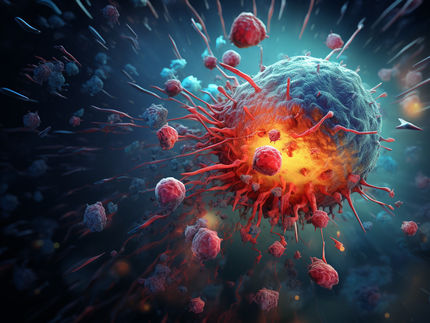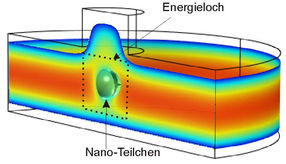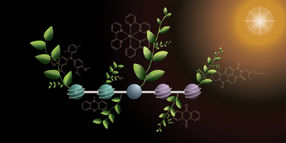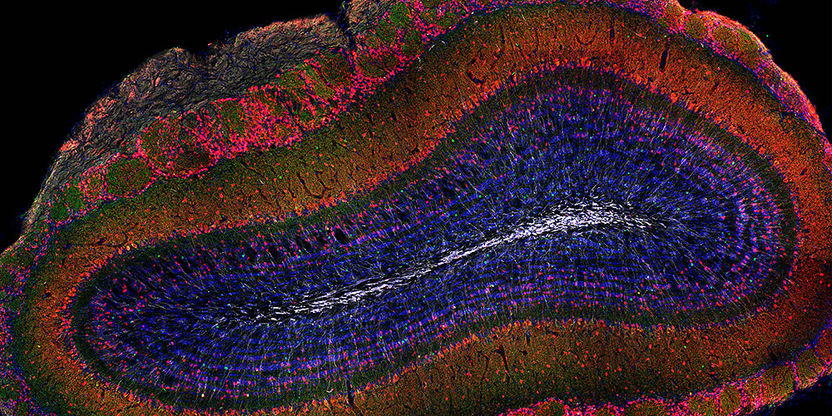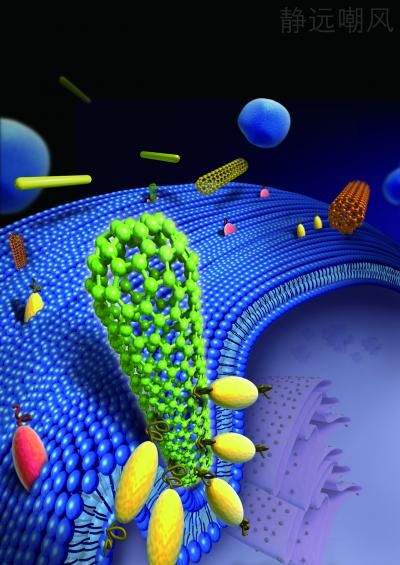Dyax Grants Use of its Antibody Phage Display Libraries to Tanox for Therapeutic Antibody Development
Advertisement
Dyax Corp. has granted a non-exclusive license to its proprietary antibody phage display libraries to Tanox, Inc. Tanox, which specializes in the development of biotherapeutics for asthma, allergy, oncology, inflammation and infectious disease, intends to utilize the Dyax libraries to identify fully human monoclonal antibodies that bind with high specificity and affinity to a number of its undisclosed targets. Under the terms of the agreement, Dyax will receive an up front license fee, annual technology license fees, clinical milestone payments, and royalties upon successful commercialization by Tanox of products based on antibodies identified from the Dyax libraries.
"We are very pleased to provide Tanox with a license to our high quality antibody libraries, which we expect will yield promising leads. The agreement contributes to Dyax's objective of leveraging our core technology to generate revenue, and is the seventh antibody collaboration that Dyax has entered into this year," stated Henry E. Blair, Chairman, President and CEO of Dyax Corp.
Other news from the department business & finance
Most read news
More news from our other portals
See the theme worlds for related content
Topic world Antibodies
Antibodies are specialized molecules of our immune system that can specifically recognize and neutralize pathogens or foreign substances. Antibody research in biotech and pharma has recognized this natural defense potential and is working intensively to make it therapeutically useful. From monoclonal antibodies used against cancer or autoimmune diseases to antibody-drug conjugates that specifically transport drugs to disease cells - the possibilities are enormous

Topic world Antibodies
Antibodies are specialized molecules of our immune system that can specifically recognize and neutralize pathogens or foreign substances. Antibody research in biotech and pharma has recognized this natural defense potential and is working intensively to make it therapeutically useful. From monoclonal antibodies used against cancer or autoimmune diseases to antibody-drug conjugates that specifically transport drugs to disease cells - the possibilities are enormous



